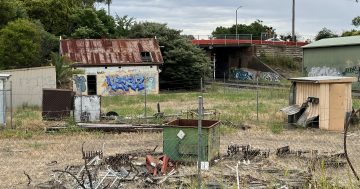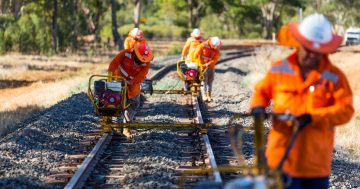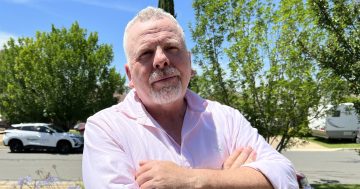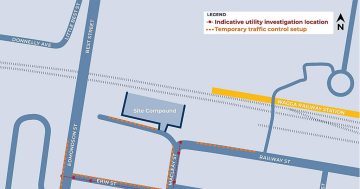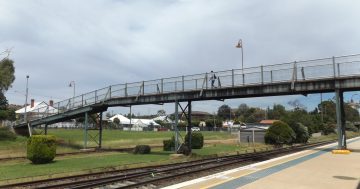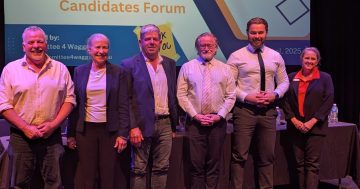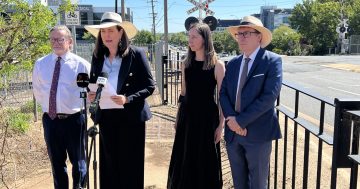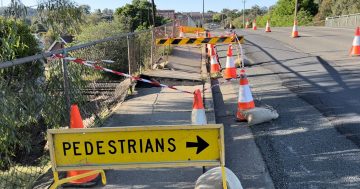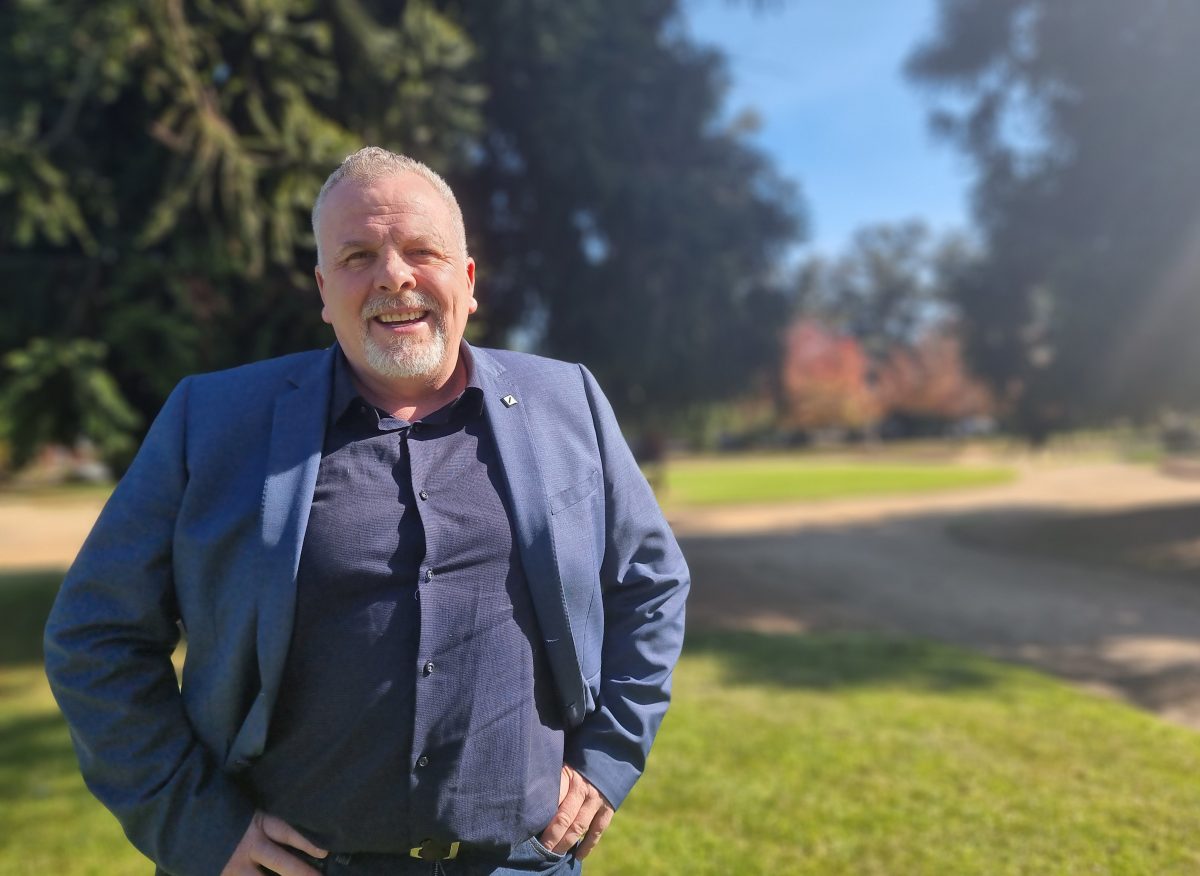
Wagga Wagga City Councillor Richard Foley. Photo. Shri Gayathirie Rajen.
We all have opinions on our local council and what it has or hasn’t got right, but how well do you know the men and women elected to represent their community in local government? In this series, Region Riverina speaks with Riverina councillors to find out what makes them tick.
Who is Richard Foley?
I’m a drywall plasterer tradesman of 29 years. I’m very active in local politics and have run twice as a candidate in the federal elections of 2016 and 2019. I’m a proud father of a 17-year-old daughter, passionate about seeing our city expand and grow, and I’d like Wagga to become a truly economically progressive regional city.
How have the past 12 months been on the council?
A steep learning curve. I’m still learning the meeting procedures and hopefully, I will be better over time. I’ve found the working machinations of the current council to be the most collegial, while previous councils have descended into personality differences and voting blocs. I cannot pick which way the current council will go on any given issue. It’s a good thing as it shows councillors are truly focusing on their roles and the matters before them and not what a faction’s interests are. However, council really needs to be more consultative with the wider community at times before it acts. I learnt quickly we can’t keep everyone happy.
What’s been your biggest achievement so far?
I can’t truly answer as so many issues are still afoot or unresolved. The ongoing fight for a bypass related to the Inland Rail is an issue I’m welded to and doggedly determined to see a better outcome. It’s a disgrace we’re faced with 22-plus extra trains a day going through the CBD area blocking access to our hospital, cutting the city in half every hour. I’m supportive of the Inland Rail but don’t want to see it turn the city into an industrial hellhole. I’m awaiting the outcome on whether the council will purchase a JCB Pothole Pro to address the hideous state of our pothole maintenance. I stirred the possum regarding the Airbnb issue and the lack of rentals in the city and waiting on a report. Our rents are skyrocketing and someone needs to bat for the battler class. It’s not a simple-fix issue, but we need to have tough conversations.
What are your priorities for 2023?
Keep hammering away at the Inland Rail bypass issue, with a delegation to head to Canberra to speak with the ALP Government ministers. Fight for more funding for roads and focus on housing and land-release issues. Get the CBD area primed to build multi-level. Wagga needs a few small-to-medium high-rise developments to populate the CBD to get the businesses moving.
Is there anything different you’d like to see on the council?
A greater emphasis on engaging the Federal and State Governments to get much-needed funding for infrastructure. We need a bypass for rail, heavy transport, a fit-for-purpose airport and the Gobba Bridge duplicated. Wagga has not got any of these big-ticket items because it has unfortunately continued to vote a certain way, giving this area a “safe seat” status. I encourage the voting public of Wagga to flip this seat federally out of this cringe-worthy safe-seat status, which has kept us culturally and economically a backwater. Afterwards, we’ll get the infrastructure needs addressed. People need to and can lead the way here and concede we need change.
What’s your vision for Wagga?
I see a greater need for regional centres to evolve into powerhouse economic zones. The SAP at Bomen will be extraordinary over time with manufacturers coming into our city. The Inland Rail will be a key component to the expansion of our economy. Rate rises are imminent if we wish to retain and provide better services. I’m opposed to rate rises without any true measurable outcome.
Special Rate Variation is more progressive and appropriate for eight years in support of establishing an Affordable Housing Trust. We have some 30,000 rateable properties … an SRV imposing a $10-per-week levy would rise annually $15,600,000.
I’d like to see money exclusively invested into an Affordable Housing Trust to build at least 500 houses/units/single-bedroom dwellings. The ratepayers would own these assets. The trust would comprise councillors, community members, the building industry and developers, with a legal structure. It would be impossible to sell off or privatise. Ballpark figures of $10-$11 million per annum could be raised from the rents. These funds could go back into new buildings or funding roads, footpaths and more.
We’re a largely self-sufficient city and don’t have to beg politicians for inadequate grants to fix our road networks. Housing would bring lasting, decades-long beneficial results for this city and would put a roof over the heads of working people while bringing in regular income to the city coffers.







